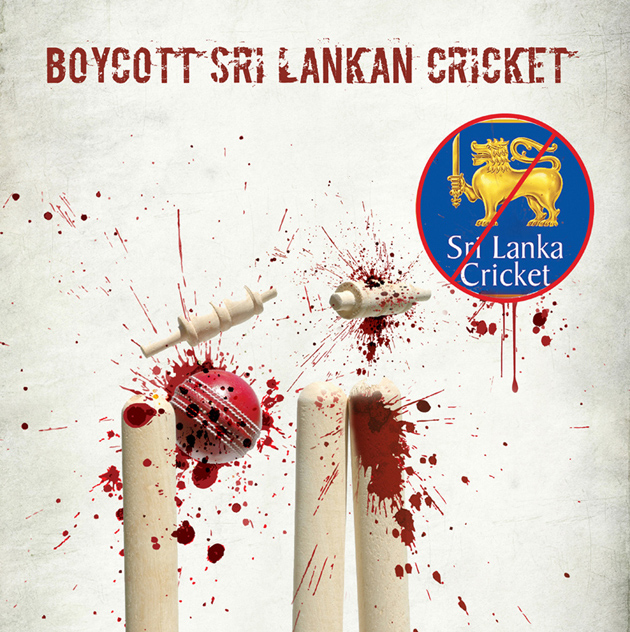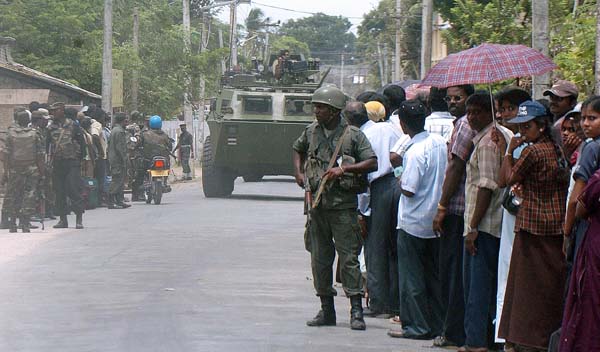Sri Lanka’s defence ministry and tourism investment
On Friday Sri Lanka hailed $1.2bn of investment in its tourist industry so far in 2011.
But $1bn of this is for a hotel and a shopping mall, both in Colombo, on prime land purchased from Sri Lanka’s Defence Ministry. And both investments have been attracted with major tax concessions.
See reports by Reuters, Daily Mirror and The Island
A Chinese aviation firm will invest $500m in a hotel and shopping complex in the capital’s main beachfront at Galle Face Green.
The core business of China National Aero Technology Import and Export Corporation (CATIC) is aviation defense.
The Hong Kong based Shangri-La hotel chain is also planning a 7 star hotel on another part of Galle Face Green – formerly a military sports ground.
Shangri La is also planning a second property, a 300-room resort on 100 acres of land in Hambantota, to open in 2013.
Hambantota is President Mahinda Rajapaksa’s home constituency.
His brother, Defence Secretary Gotabaya Rajapaksa, heads the Ministry of Defence.
The projects were proposed by a third brother, Basil Rajapaksa.
Both Shangri La and CATIC investments have been sweetened with major tax concessions. (See the Daily Mirror’s report).
Challenged over the tax concessions by the main opposition UNP, Deputy Minister of Economic Development Lakshman Yapa Abeywardene said the government was “compelled to move away from the usual procedure to ensure that the country achieved the set targets in tourism.”



